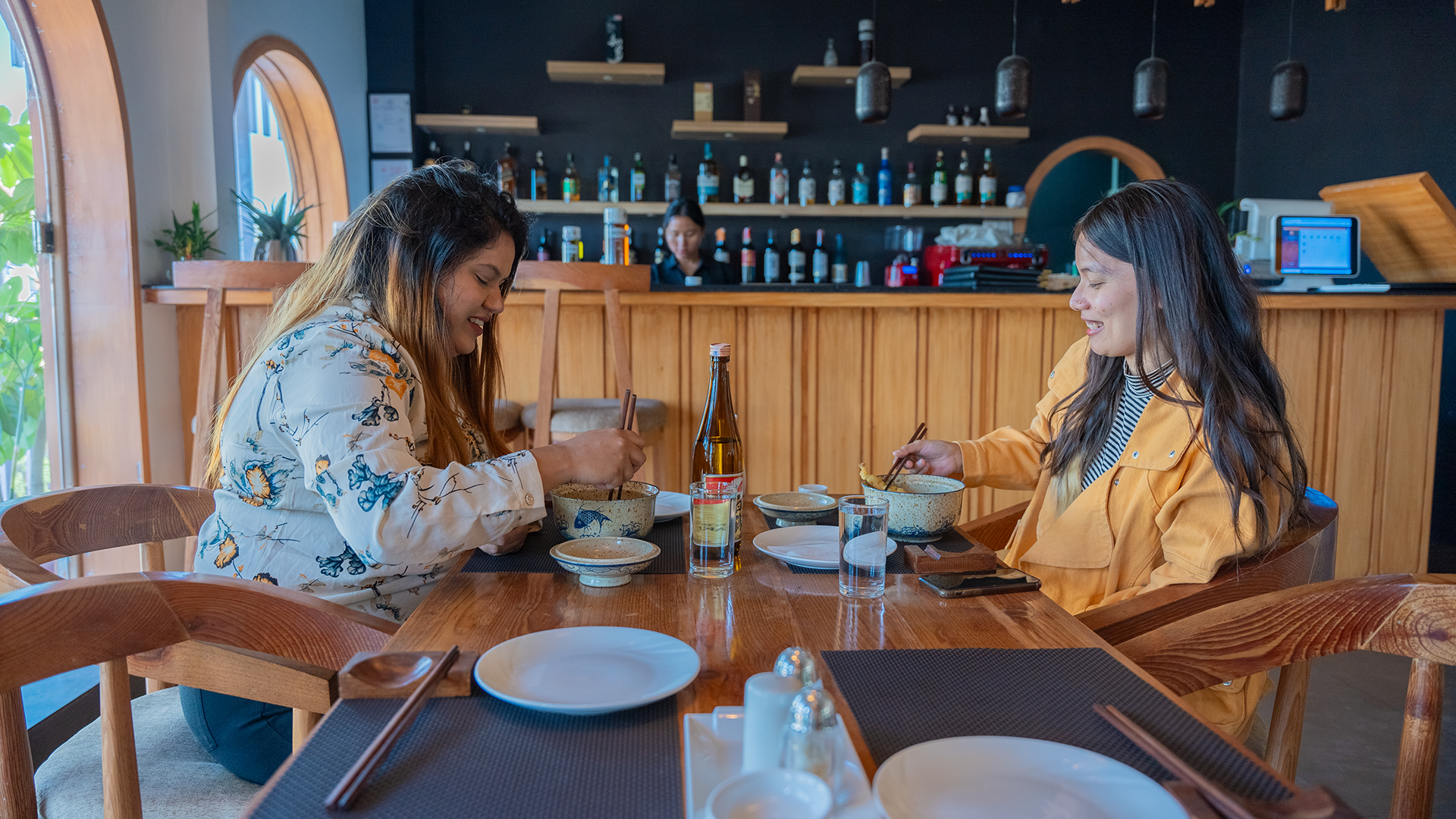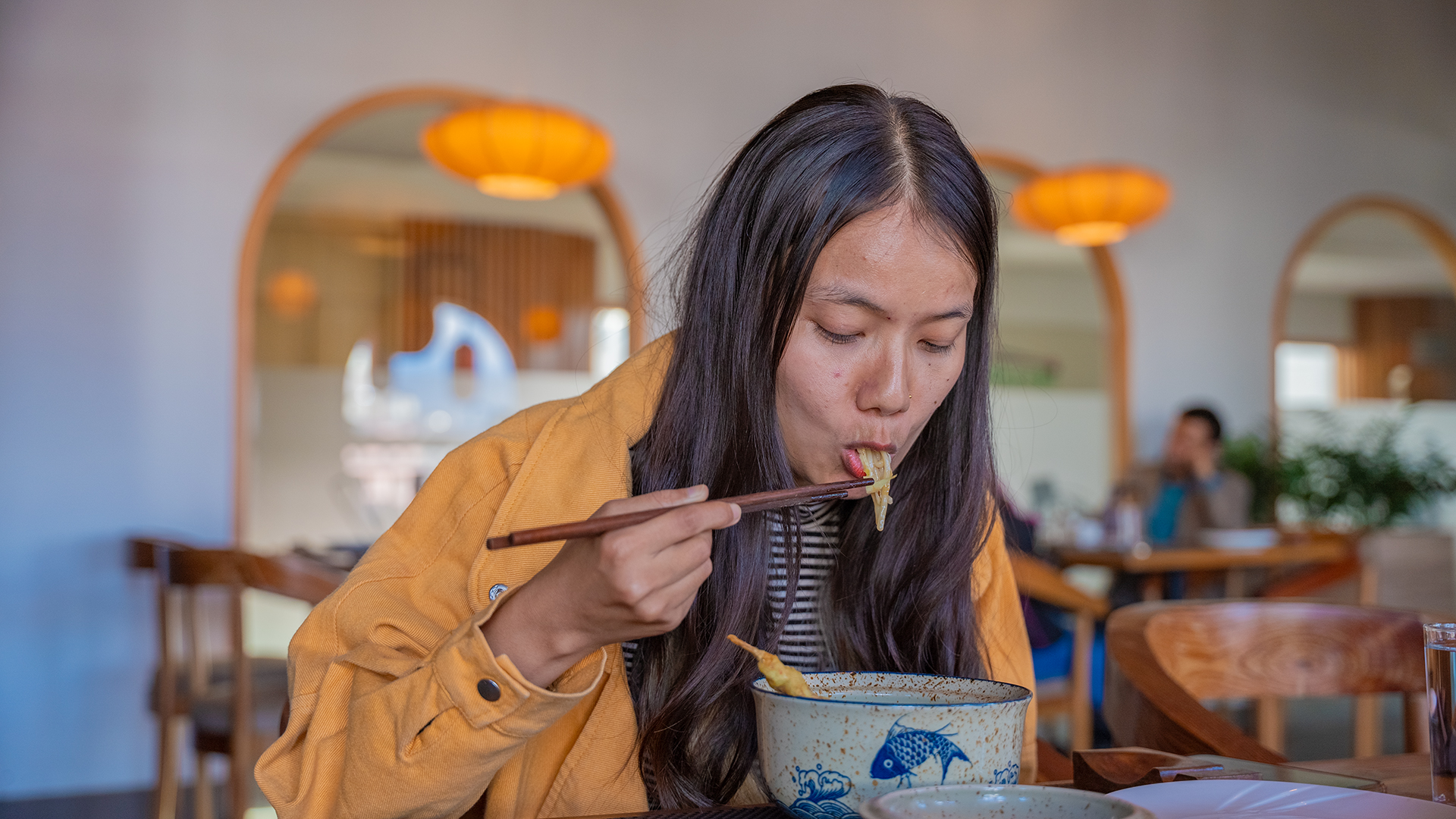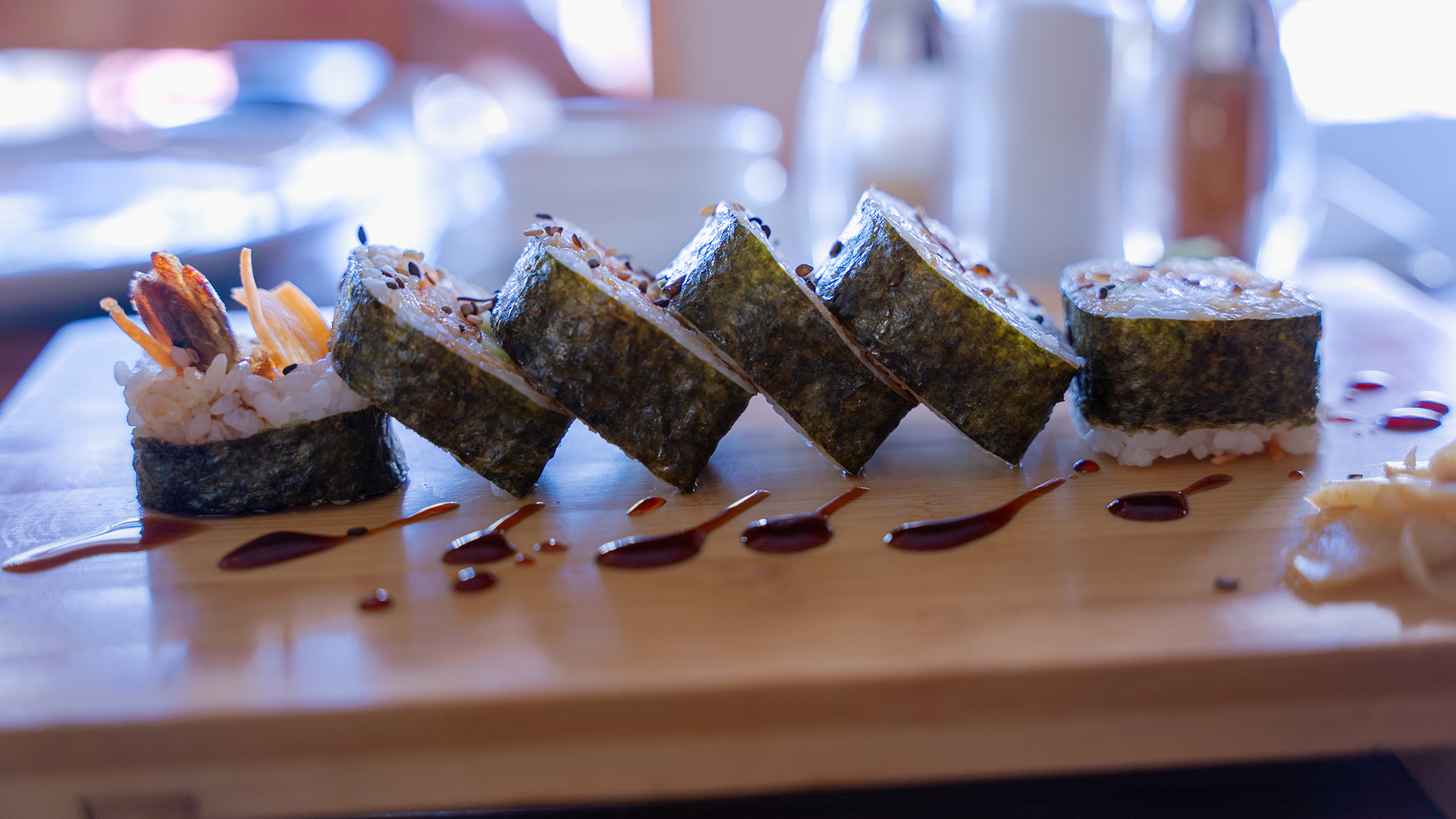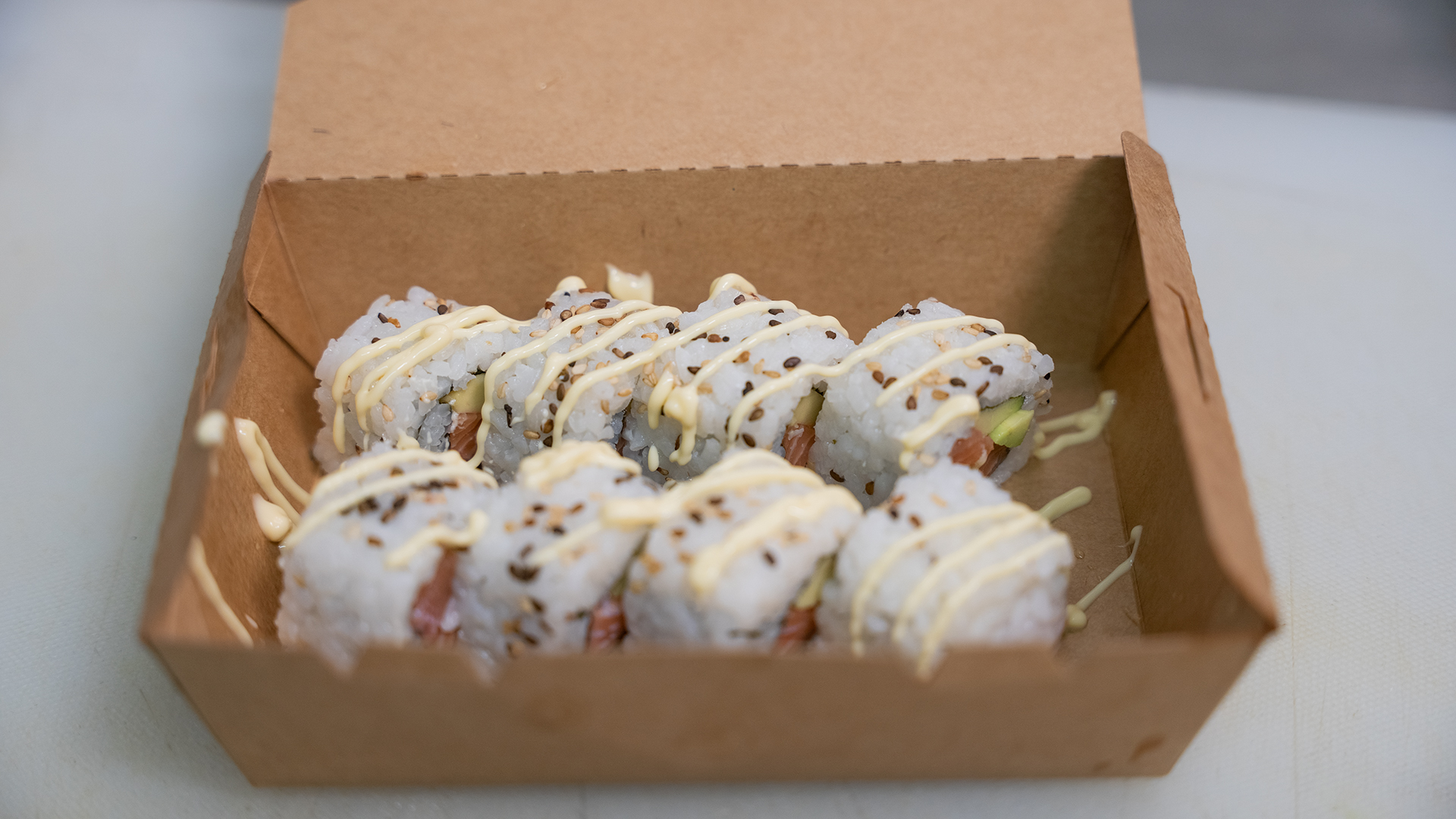AN EVENING AT WASABI
Recently reopened after being rebuilt following earthquake damage, W provides a classy but relaxed setting for tasty Nepali and continental food. Set back off busy Pulchowk in Lalitpur, the spacious old Newari house and garden is a peaceful place for an after-work drink or full meal.
To start, we ordered peanut sadeko. I can tolerate a reasonable amount of chilli spice, but sometimes find the enormous amounts in my favourite Nepali bar snack a bit overwhelming. At Wasabi, the peanut sadeko was very tasty, but lacked any chilli whatsoever. At first I appreciated the ability to taste the peanuts, onion and coriander, but I soon wished they’d added a little bit of spice. My Nepali companion suggested that the chefs had seen that I am not Nepali and held off on the chilli. If true, it was a bit of a shame.
I started with a cocktail. I am a Mojito lover, and have sampled them around the world. The quality of this drink is often a sign of the bartender’s skills, as it is a simple enough drink (consisting of white rum, soda water, fresh mint, lime and a little sugar syrup) yet if the balance of ingredients is wrong, it can be cloyingly sweet. I was pleased that my Mojito at Bricks—though a little too small and heavy on the ice—was zesty and refreshing.
He ordered a cheese pizza with extra bacon. The pizzas at Wasabi Cafe are cooked in a wood-fire oven, so the bases are perfectly crisp and not oily, as can often be the case with pizza. They are very large, and I suggested that my friend didn’t need to finish the whole pizza, and that we could take it home for breakfast. But he told me that there is no custom in Nepal of packing up leftovers for later. So, only order a pizza at Wasabi if you are very hungry, or willing to share.
Coming from an island nation, I miss good fish and seafood in Nepal. I ordered the whole grilled trout to satisfy my craving, and I wasn’t disappointed. The medium-sized fish was grilled to perfection with a crispy skin and soft white flesh, and accompanied by fries and steamed vegetables with a garlic butter dressing on the side, so I could choose my own butter saturation level.
My companion and I were seated on a couch on the upstairs terrace overlooking the garden. An attractive feature of Wasabi is the different seating spaces—the garden, the patio, on lounge chairs or at more formal tables inside. This means you can choose your own ambience, and that no two visits to Wasabi need be the same.
 Continue with Google
Don’t have an account?
Register
Continue with Google
Don’t have an account?
Register




.jpg)